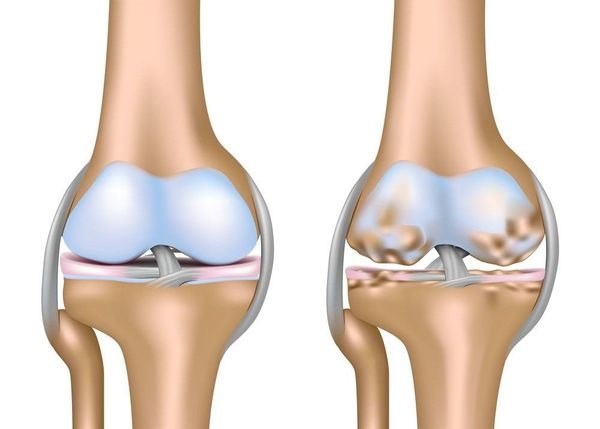In joint diseases, some medications are prescribed for 6–9 months under the claim that they “improve metabolism in bone and cartilage tissues.” However, both local experts and international studies have shown that these drugs often fail to deliver significant benefits. On the contrary, long-term use may:
cause stomach or intestinal ulcers;
damage the liver;
negatively affect the colon.
Many patients themselves report these adverse effects.
What is recommended instead?
Under a doctor’s supervision, it is safer to limit unnecessary long-term medication use and apply alternative approaches, such as:
physiotherapy (massage, electrical stimulation);
hydrogen sulfide or iodine-bromine baths;
therapeutic exercises and swimming;
healthy lifestyle: balanced diet, weight control, and regular physical activity.
Global medical practice also confirms that for chronic joint problems, a comprehensive approach — physiotherapy, rehabilitation, and lifestyle modification — is far more effective than prolonged drug intake.

